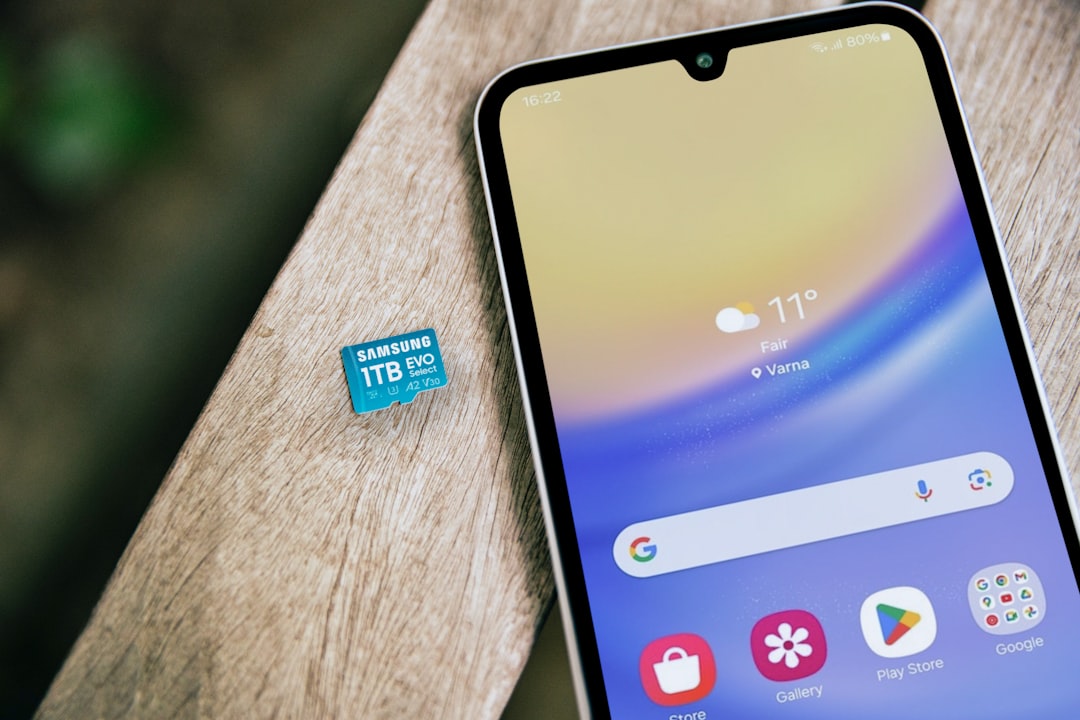The Telephone Consumer Protection Act (TCPA) protects Ohio residents from unwanted telemarketing calls, including robocalls. If experiencing persistent harassment, consult an Unwanted Call Lawyer Ohio to invoke TCPA protections against automated dialing systems and file FCC complaints or legal action. Understanding your rights and gathering evidence, such as call records, is crucial for a successful TCPA complaint. Compensation may be available for each violation, including monetary damages and injunctive relief.
As an Ohio resident, you deserve peace of mind when it comes to unwanted calls. The Telephone Consumer Protection Act (TCPA) is a powerful law designed to protect consumers from nuisance and abusive telephone marketing practices. If you’ve been plagued by persistent or unsolicited phone calls, understanding your rights under the TCPA is crucial. This guide navigates the process of filing a complaint with an unwanted call lawyer in Ohio, ensuring you take the first step towards a quieter future.
What is the TCPA and How Does it Apply to Ohio Residents?

The Telephone Consumer Protection Act (TCPA) is a federal law designed to curb abusive and unwanted telephone marketing practices, such as excessive or harassing calls. It applies to everyone in the United States, including Ohio residents. If you’ve received persistent unwanted calls from telemarketers or robocalls, you may have grounds for a TCPA complaint.
Ohio residents benefit from the TCPA’s protections against automated dialing systems and prerecorded messages used for marketing purposes without prior consent. An unwanted call lawyer in Ohio can help navigate this legal framework to ensure your rights are protected. They can guide you through filing a complaint with the Federal Communications Commission (FCC) or, if necessary, pursuing legal action against the offending companies.
Identifying Unwanted Calls: Recognizing Violations of the TCPA

Unwanted calls can be a nuisance, but they may also indicate a violation of the Telephone Consumer Protection Act (TCPA). As an Ohio resident, if you’re receiving persistent or unsolicited calls, it’s crucial to identify them as such. A “unwanted call” refers to any telephone solicitation or marketing call that you didn’t ask for or agree to receive. These can include prerecorded messages, automated dialers, or live callers using auto-dialing equipment.
Ohio residents have specific rights under the TCPA, and if these rights are violated, it’s advisable to consult with a qualified unwanted call lawyer Ohio. Recognizing violations is essential; for instance, calls made without prior express consent, calls made after being placed on the Do Not Call list, or those using illegal auto-dialing equipment all constitute potential TCPA breaches.
Navigating the Legal Process: Filing a Complaint in Ohio

Navigating the legal process to file a TCPA complaint in Ohio begins with understanding your rights and options. As an Ohio resident, if you’ve received unwanted calls from telemarketers or debt collectors, you may be eligible to take legal action. An experienced unwanted call lawyer Ohio can guide you through this process, ensuring compliance with state laws and helping you seek the compensation you deserve.
The first step involves gathering evidence of the unwanted calls, such as call records and any communication with the callers. With these documents in hand, you or your attorney can draft a formal complaint with the appropriate court. The filing fee and legal procedures vary depending on the nature of the case, so an expert lawyer will be crucial in navigating these complexities and maximizing your chances of success.
Gathering Evidence and Documenting Your Case

When filing a TCPA (Telemarketing Consumer Protection Act) complaint as an Ohio resident, gathering evidence and documenting your case is crucial. Start by collecting all relevant information related to the unwanted calls you received, such as call records, screenshots of texts or emails, and any notes on the nature of the calls. Keeping a log of each interaction, including dates, times, and details about the caller, can significantly strengthen your case.
An unwanted call lawyer Ohio can guide you in preserving evidence effectively. They may suggest using call-recording apps, obtaining caller ID logs, or collecting any materials that show prior consent (or a lack thereof) for marketing calls. Proper documentation will help demonstrate to the legal system that the calls were indeed unwanted and violate the TCPA regulations.
Understanding the Potential Outcomes and Next Steps After Filing

After filing a TCPA complaint as an Ohio resident, it’s crucial to understand the potential outcomes and subsequent steps. If your case is successful, you may be entitled to compensation for each violation, including monetary damages and injunctive relief to stop future unwanted calls. A judge or jury could order the violator to pay treble damages, meaning three times the actual amount of harm suffered.
The next steps typically involve further legal proceedings. Your lawyer in Ohio will communicate with the defendant and their counsel to negotiate a settlement. If negotiations fail, the case may proceed to trial. It’s important to remain responsive and cooperative throughout this process, ensuring all deadlines are met and required documents are submitted promptly.






